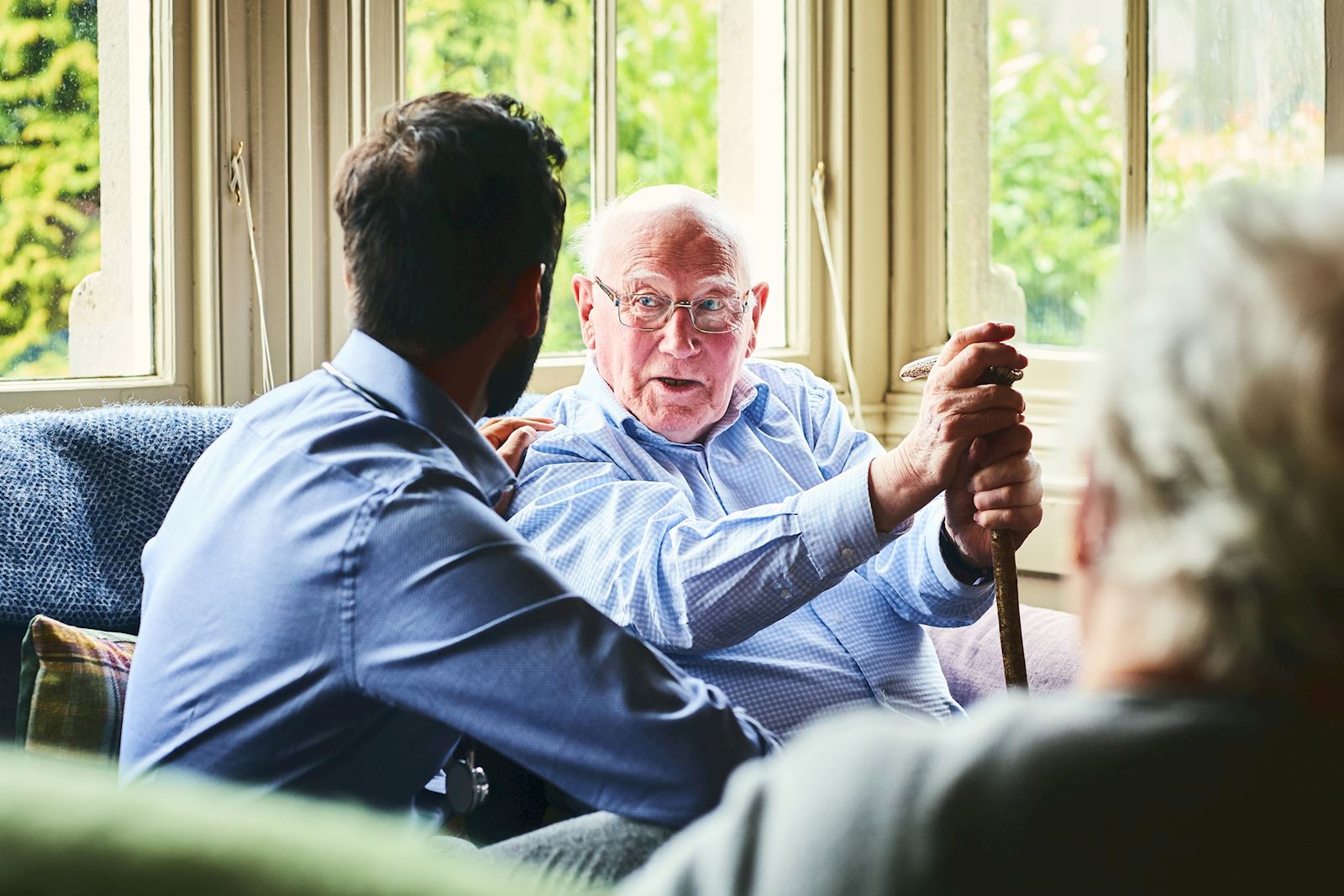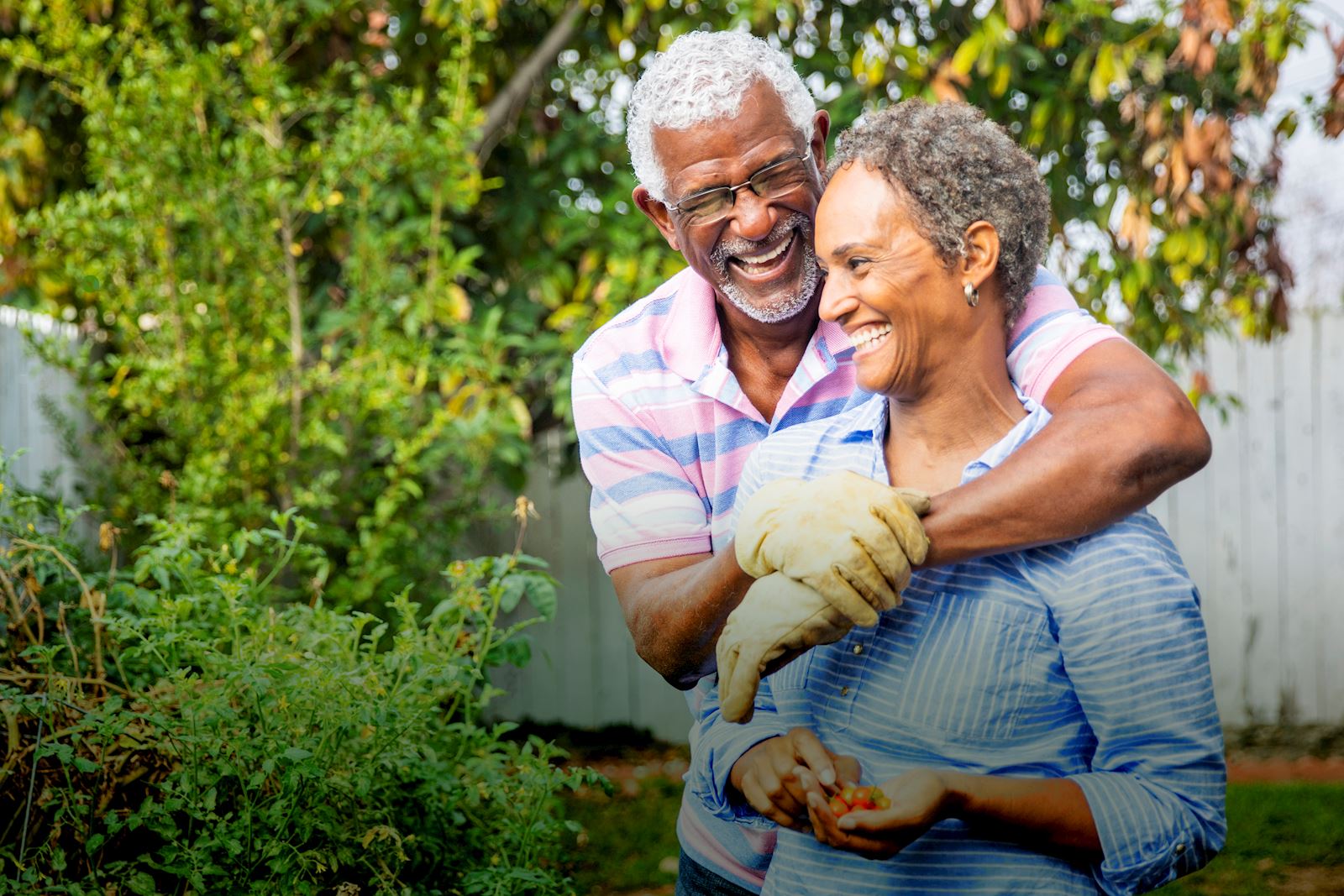Your choice of words can have a dramatic effect. Imagine two people meeting the same older person for the first time. The first person introduces themselves warmly with a: “Hello, Mrs. Williams. I’m Marie. Nice to meet you.” The second speaker speaks slowly, loudly and in a high-pitched voice saying: “Hi there young lady! I’m Marie. How are we doing today?”
What is “elderspeak?”
In the example above, both speakers have the same intention — introducing themselves to someone new — but they’re likely to get different responses. That’s due to the second speaker engaging in “elderspeak.”
Elderspeak is a type of ageism marked by a slow, simplistic and often exaggerated manner of speaking that younger individuals sometimes use when addressing older adults. Signs of elderspeak include:
- Using terms of endearment, for example “sweetie,” “honey” or “young lady”
- Speaking in a very slow, exaggerated manner
- Using a high-pitched tone that can sound like “baby talk”
- Using short sentences and simple terms
The source of the problem with elderspeak is that it focuses on a person’s age and perceived frailties, as opposed to their actual cognitive abilities. It can imply that they are incompetent, and negatively affect their outlook and quality of life.
In most cases, the speaker is well-intentioned, but elderspeak is often unhelpful, hurtful and feeds negative stereotypes of aging. It can make people feel like they are being coddled or patronized, leading to feelings of resentment and further breakdowns in communication. Research suggests for some people, elderspeak decreases comprehension and causes confusion because exaggerated phrasing and slow speech patterns can be hard to understand.
Reactions to elderspeak vary from loud outbursts to quiet or silent offense. It can even cause people to be less cooperative and more resistant. The bottom line? It’s not a respectful or constructive way to communicate.
How to avoid elderspeak
It’s natural to change how you speak with different people, and in some cases the change isn’t even conscious. Words matter, and understanding how people might perceive your words is critical. When you communicate with an older adult, be thoughtful about your word choices.
Keep these tips in mind:
- Use your normal pace and tone
- Err on the side of formality and ask the individual how they’d like to be addressed
- Focus on communicating to the person’s strengths rather than attempting to work around their weaknesses, whether they’re real or perceived
As with communicating to anyone, it’s simply helpful to think about how you would want to be spoken to if the dynamic was reversed.



